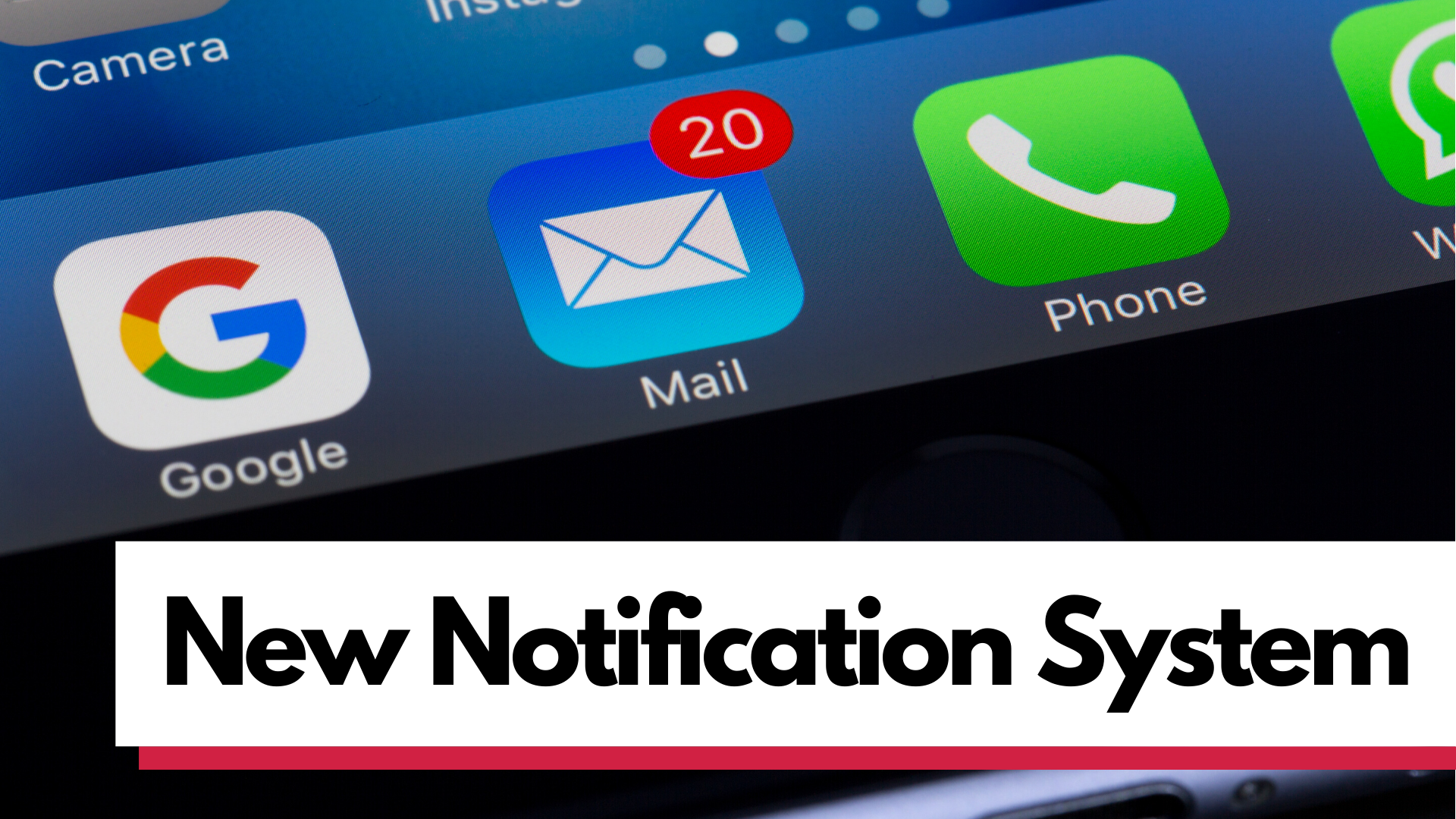School Safety
Students are expected to make choices that promote their own safety and the safety of others at school and school-related activities on and off the school campus. Students are expected to avoid behaviors that may jeopardize their academic success. Students are expected to act maturely and with integrity. Students should form buddy-groups so that they are with at least one other HCEC student at all times when on campus outside the HCEC area. In addition to this handbook and the HCPS Student Code of Conduct, Early College students are expected to follow all Blue Ridge Community College guidelines for student conduct. These rules can be found in the BRCC catalog.
All Early College students and staff members have the right to feel safe at school. Concerns about safety or anything that might place a student or staff member at risk should be reported immediately to the principal/designee (697-4561), any staff member, or BRCC campus law enforcement (243-9950).
Student ID Badge
Each student is issued an HCEC identification (ID) badge including photo. Students must carry the badge at all times to gain access to the IHS building. Doors remain locked throughout the school day for safety, and students will only be admitted through the front door or using their ID badge at other entrances. The first badge is provided at no charge to the student. If a student loses the badge, he or she must immediately report the loss to office personnel, who will then help the student obtain a replacement badge for a fee of $8.00.
HCPS Medication Policy
Responsibilities of Parent/Guardian:
- Complete a Henderson County Public Schools’ Request for Medication Administration form at the beginning of each school year and/or when medication dosage has been changed. Provide physician signature for all prescription medication. Physician signature may be required for non- prescription medication at school nurse’s discretion or for dose or frequency different than what is on the label.
- Provide the medication in a pharmacy labeled container, including student’s name, medication name, expiration date of medication, dosage and frequency of medication, directions for administration and physician’s name. Non- prescription medications must be in the original container.
- Provide new containers with new labels if dosage information changes.
- Provide responsible adult to transport medication to and from school.
- Provide responsible adult to count and document number of tablets of controlled medication (ex. Ritalin, Adderall) with school personnel administering the medication.
- Remove remaining medication from school premise at end of school year, when treatment is completed or when medication is discontinued. Medication left at school at the end of the year will be discarded.
Responsibilities of Students:
- Know and follow medication policy and procedures.
- Never share medication with others.
- Take prescribed medication as ordered by physician.
Students with chronic health conditions such as asthma or seizures need an Emergency Action Plan created by the student’s physician with your input. This plan outlines procedures to follow in case of an episode at school. Ensure emergency contacts are up to date at all times.



